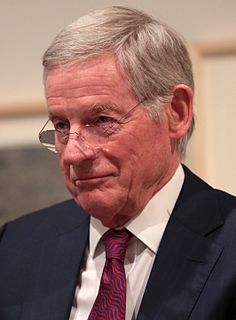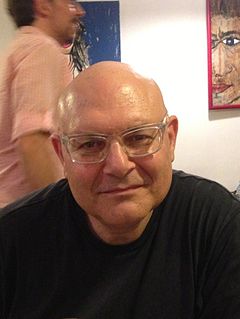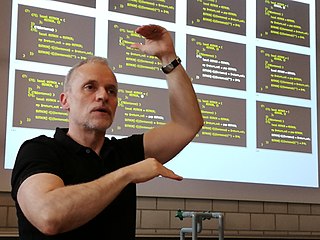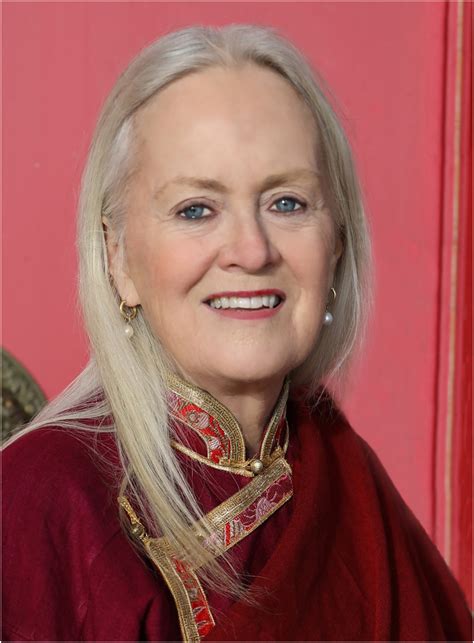A Quote by Harvey Mansfield
Christopher Lynch has made the best and the first careful translation of Machiavelli's Art of War. With useful notes, an excellent introduction, an interpretive essay, glossary, and index, it is a treasure for readers of military history and Renaissance thought as well as for lovers of Machiavelli.
Related Quotes
"War," says Machiavelli, "ought to be the only study of a prince;" and by a prince he means every sort of state, however constituted. "He ought," says this great political doctor, "to consider peace only as a breathing-time, which gives him leisure to contrive, and furnishes ability to execute military plans." A meditation on the conduct of political societies made old Hobbes imagine that war was the state of nature.
It is a pity to make a mystery out of what should most easily be understood. There is nothing occult about the thought that all things maybe made well or made ill. A work of art is a well-made thing - that is all. It may be a well-made statue of a well-made chair or a well-made book. Art is not a special sauce applied to ordinary cooking; it is the cooking itself that is good. Most simply and generally, Art may be thought of as "The Well Doing of What Needs Doing."
General editors' preface The growth of translation studies as a separate discipline is a success story of the 1980s. The subject has developed in many parts of the world and is clearly destined to continue developing well into the twenty-first century. Translation studies brings together work in a wide variety of fields, including linguistics, literary study, history, anthropology, psychology, and economics. This series of books will reflect the breadth of work in translation studies and will enable readers to share in the exciting new developments that are taking place at the present time.
If you had a front row seat at the Renaissance, you would have seen Machiavelli come by plotting, and you would have seen murders in the streets, you would have seen violence, you have seen people burning books and it would have looked like the world was a horrible place, but that's where all these incredible stuff we're still living with comes out of.
Beyond Words is an exceptionally useful and inspiring digest of Dzogchen (Great Perfection) teachings and the teachers associated with them. The ancient prediction that Dzogchen would benefit many during these degenerate times, makes this comprehensive introduction especially relevant. The authors have made these profound teachings accessible and Beyond Words will be useful to both inexperienced and seasoned readers.


































